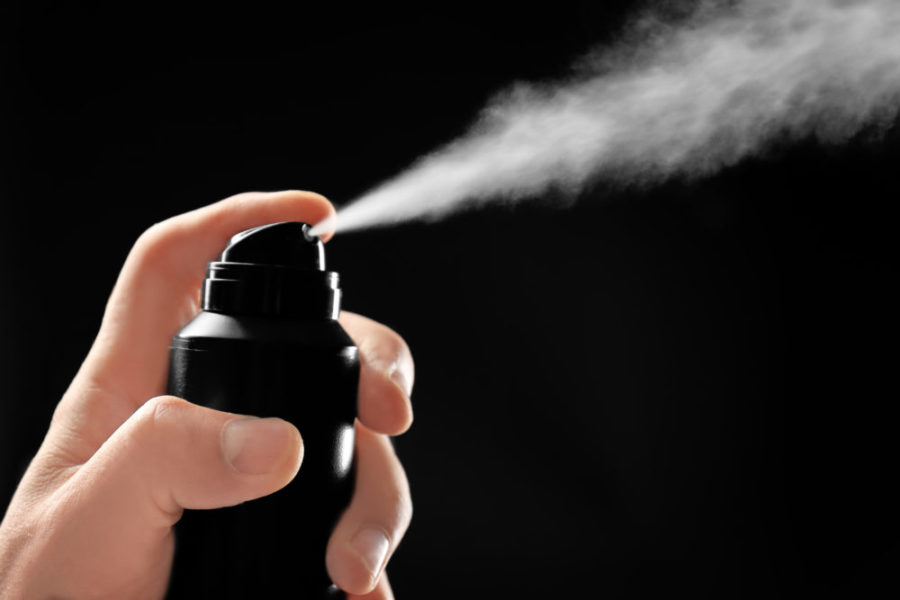Cancer-
What the finding of a cancer-causing chemical means for you-
“Benzene, a known cancer-causing chemical, was found in over half of 108 batches of antiperspirant and deodorant body sprays from 30 different brand…….”
The following written content by Sandee LaMotte, CNN

Benzene, a known cancer-causing chemical, was found in over half of 108 batches of antiperspirant and deodorant body sprays from 30 different brands, according to a citizen’s petition filed this month with the US Food and Drug Administration.
Benzene should not be used in the manufacture of drug substances or products because it is a class one solvent with “unacceptable toxicity,” according to the FDA.
However, the FDA did allow a “temporary” use of benzene in liquid hand sanitizers during the pandemic, setting the upper limit to 2 parts per million.
The US Environmental Protection Agency has set a much lower limit — 5 parts per billion (ppb) — for exposure to benzene in drinking water. The agency has also set a “goal of 0 ppb for benzene in drinking water and in water such as rivers and lakes because benzene can cause leukemia.”

Last week, “in an abundance of caution,” manufacturer Procter & Gamble voluntarily pulled 17 different types of Old Spice and Secret antiperspirant off the shelves, according to a press release.
A number of other brands have not yet been recalled, including batches of Tag, Sure, Equate, Suave, Right Guard and Brut that had levels of benzene at or above 2 parts per million, said David Light, CEO and founder of Valisure, the independent lab that ran the tests and filed the petition.
High levels of benzene detected
Benzene is created by natural and man-made processes. The chemical, which can trick the body’s cells into not working properly, is also a natural part of crude oil, gasoline and cigarette smoke, according to the US Centers for Disease Control and Prevention.
It’s also used to manufacture a variety of “plastics, lubricants, rubbers, dyes, detergents, drugs, and pesticides,” according to the American Cancer Society.
Exposure can be dangerous, by increasing the “risk of developing leukemia and other blood disorders,” the National Cancer Institute said. Read more from Cable News Network.





